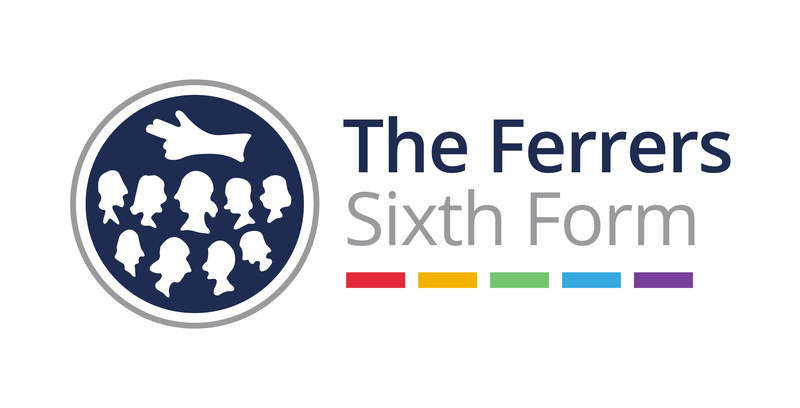
Why study media? From television to cinema, radio to podcasts, social media to blogs, and everything in between – media plays a big part of our every day. Media studies will equip you with the communication and technology skills needed to succeed in the modern workplace, whether in the media industry or not. In a media saturated world, it is important to be able to look critically at what messages you are consuming, who is communicating them and how you are being influenced by them. What will you study? Year 12 You will study key theories covering the framework areas of language, representation, industries and audience. You will then learn how to use these theories to analyse a range of set texts. The set texts span all media forms, from TV to radio, games to newspapers, websites to advertising. As well as the theoretical study, you will also learn how to use a variety of software to produce your own magazines, films, and websites. In the Summer term of Year 12 you will begin your Non-Exam Assessment (NEA). This is a practical brief in which you get to choose from six released briefs. You then produce two media products. Once this is completed, you continue with the study of set texts and theory application until written exams. Year 13 September-October you will complete your Non-Exam Assessment (NEA) for submission to the exam board. From November onwards your will then continue with the study of the remaining set texts and theory application until the written exams.
You will need an APS of 4.5+, with a 4 in English Language. Skills and attributes: A creative eye and willingness to learn digital design and editing software. Analytical skills and a willingness to discuss and debate are also key to success on this course.
Throughout the two years there will be termly assessments in both theoretical work and practical media production. There are two written public examinations which are worth 70% of your overall grade, and an NEA practical project worth 30%
About Education Provider
| Region | East Midlands |
| Local Authority | North Northamptonshire |
| Ofsted Rating | Good |
| Gender Type | Co-Educational |
| Address | Queensway, Higham Ferrers, Rushden, NN10 8LF |
Why study media? From television to cinema, radio to podcasts, social media to blogs, and everything in between – media plays a big part of our every day. Media studies will equip you with the communication and technology skills needed to succeed in the modern workplace, whether in the media industry or not. In a media saturated world, it is important to be able to look critically at what messages you are consuming, who is communicating them and how you are being influenced by them. What will you study? Year 12 You will study key theories covering the framework areas of language, representation, industries and audience. You will then learn how to use these theories to analyse a range of set texts. The set texts span all media forms, from TV to radio, games to newspapers, websites to advertising. As well as the theoretical study, you will also learn how to use a variety of software to produce your own magazines, films, and websites. In the Summer term of Year 12 you will begin your Non-Exam Assessment (NEA). This is a practical brief in which you get to choose from six released briefs. You then produce two media products. Once this is completed, you continue with the study of set texts and theory application until written exams. Year 13 September-October you will complete your Non-Exam Assessment (NEA) for submission to the exam board. From November onwards your will then continue with the study of the remaining set texts and theory application until the written exams.
You will need an APS of 4.5+, with a 4 in English Language. Skills and attributes: A creative eye and willingness to learn digital design and editing software. Analytical skills and a willingness to discuss and debate are also key to success on this course.
Throughout the two years there will be termly assessments in both theoretical work and practical media production. There are two written public examinations which are worth 70% of your overall grade, and an NEA practical project worth 30%